A report by McKinsey & Company showed that organizations that had launched reskilling programs before COVID-19 were better able to address skills gaps and implement new business models or strategies. It’s not too late to future-proof your organization now.
Watch the webinar recording below to learn how you can upskill and reskill existing talent to meet your organization's needs.
Our guest speaker in this webinar is Shweta Mogha, CoFounder of eWOW, ICF certified Coach, Diversity Champion, and HR Leader. She brings with her over 20 years of experience leading people organizations for companies like Meta, Amazon, and Airtel.
Interviewing Shweta, and sharing his insights as well, is Rich Vass, VP, of Learning Solutions, ELB Learning. He has over 25 years of experience in the learning and development industry and has helped numerous organizations architect the best learning experiences for their needs.
Shweta consults for many organizations and startups. She helps those organizations evolve their business strategy to be able to manage the changes coming their way, which includes upskilling and reskilling.
- Upskilling is when an employee learns new skills to be better at their current job and current career path.
- Reskilling is when an employee learns new skills for a different job or function.
After events like layoffs or major economic changes, HR teams and business leaders drive the decision of what skill sets their organization needs. Employees need to be prepared mentally and ready to learn and unlearn different skills.
Upskilling Example
Moving from traditional marketing to digital marketing is an example where a worker might need upskilling to master new online tools and strategies.
Reskilling Example
In a manufacturing setting, suppose new equipment is coming to speed up what was previously a manual job, workers might need to reskill themselves on using the new machinery.
The good news is, organizations today understand that skills are more important than degrees.
In the webinar, Rich and Shweta focus on four key categories where organizations need to pivot to adapt to today’s workplace challenges:
- Attraction
- Development
- Performance
- Culture & Leadership
Watch the recording to learn more.







